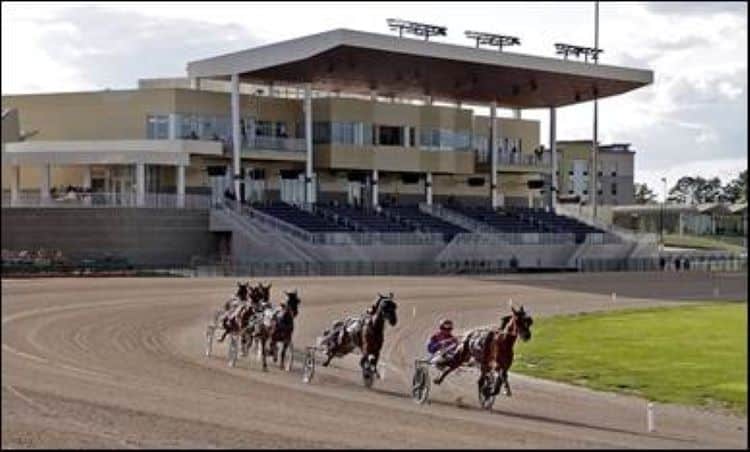One month ago, on Jan. 1, many in Ohio were brimming with the excitement and enthusiasm that always flourishes on the first day of live, legal sports betting. A month later, the smallest players in the game are experiencing a reality they may not have expected.
While major operators from Barstool Sportsbook to Caesars to DraftKings have one more sports-crazy state to add to their bottom lines, those that own the bars, restaurants, bowling alleys, and grocery stores that hoped to benefit are starting to see that while legal sports betting can help to grow their businesses, it’s not the panacea they might have hoped for or been led to believe it would be.
“It hasn’t done as well as I thought it might, overall,” Billy Watson, who owns Kitty’s Sports Grill in downtown Cincinnati, told WCPO.
So far, 21 mobile management services providers have active licenses in Ohio, and about 1,000 small business have been approved for kiosks through the Ohio Lottery. Across the industry, about 90% of wagering is done via digital platforms, leaving only about 10% of the business for in-person, including betting on kiosks at the small businesses. Six kiosk operators have been approved to do business in the state.
Ohio lawmakers legalized sports betting in December 2021, and the Ohio Casino Control Commission launched digital platforms and retail locations on Jan. 1, 2023, just minutes after Ohio State lost to Georgia in a College Football Playoff semifinal game.
Some kiosks not delivered yet
While business owners acknowledge that those kiosks can help drive business — it’s well-known in the industry, for example, that bettors stay engaged in games longer than non-bettors — including more food and beverage sales, the payout from actual wagers placed isn’t exactly a windfall.
The average hold, or win percentage, across the industry is about 7%, or $7 for every $100 wagered. Some of those dollars must be used by operators — or companies that own kiosks — for overhead, leaving even less for profit. Small-business owners are likely getting a flat fee or tiny percentage of revenue from a kiosk in their establishment — if they’re getting anything at all.
While Watson’s establishment is at least enjoying bigger crowds for longer, some don’t even have operational kiosks, as lottery giant Intralot has failed to provide kiosks to some of its customers, and the state’s major grocery chains, Kroger and Giant Eagle, do not yet have live wagering. Intralot already provides Ohio businesses with lottery and keno machines through a partnership with the Ohio Lottery.
More than 1,000 small businesses across the state have been approved for — and paid for — licenses to offer sports betting. When, exactly, the Intralot kiosks will be up and running is unknown.
“Intralot’s software continues to be tested to meet the quality control standards required to allow the program to be uploaded and sent live to our machines,” Danielle Frizzi-Babb, the Ohio lottery communications director, said in a statement last month. “We are hopeful that Intralot will begin a phased deployment in the near future.”
Until then, small business owners are left to continue waiting and wondering.
Photo: Shutterstock










